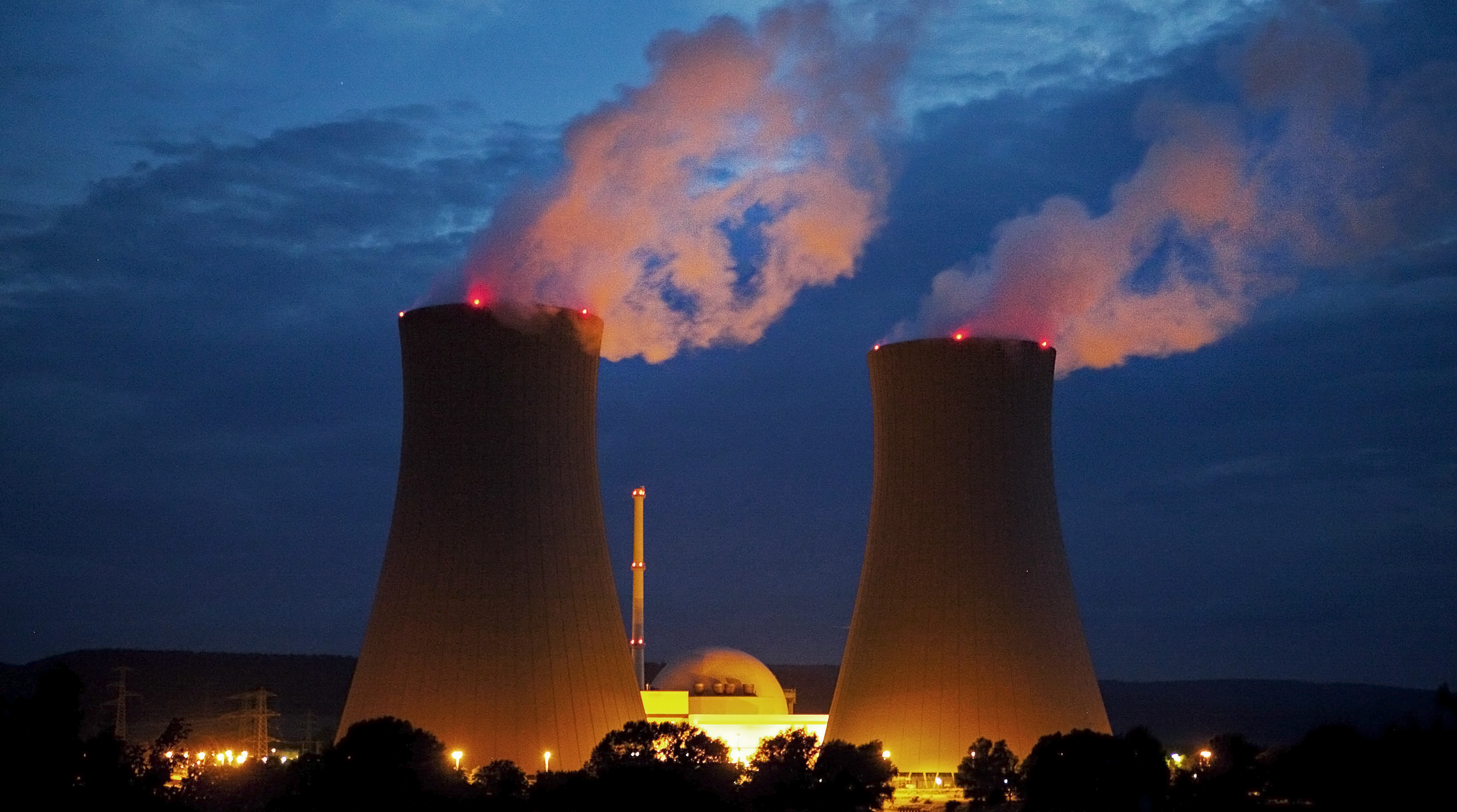The Left-wing French newspaper Libération marked Merkel’s political passing this week with a cartoon, picturing adults and children in gas masks choked by black clouds of smoke from coal-fired power plants, which accurately critiques her greatest single legacy. In one of her characteristic knee-jerk reactions to media moral panics, Merkel’s shuttering of Germany’s nuclear power plants saw the continent’s industrial giant become ever-more dependent on coal and imported Russian gas, with disastrous consequences for both the environment and EU foreign policy. George Monbiot was accurate enough, back in 2017, in describing her as “the world’s leading eco-vandal,” but the Green tendency he represents is just as bad for leading resistance to the only viable short-term solution: a massive increase in nuclear power generation.
Our own government’s push to open 16 new nuclear power stations by 2050 should be welcomed by green campaigners. As the analyst Anatol Lieven emphasises in his recent book Climate Change and the Nation State, nuclear power is the only viable means of reducing carbon emissions within the narrow timeframe before climate change leads to social and political collapse across the most densely populated portions of the earth — with unimaginable consequences for global civilisation.
No wonder UN energy experts have advised the EU to increase nuclear power generation as quickly as possible — and no wonder too that European governments are answering their call. As France’s finance minister Bruno le Maire urged recently: “Either we are fighting climate change with an ideological approach and we fail, or we are fighting climate change with a scientific approach and will be successful.”
Welcome too, and long-overdue, is the government’s push to remove China’s state-owned General Nuclear Power Group or CGN from its 20% stake in the new Sizewell C plant: as long as the Chinese state retained even the slightest role in a matter as strategically sensitive as nuclear power generation in southern England, any talk of “confronting China” in the distant Pacific was absurd.
In this context, as we head into a possible winter of discontent over worldwide power shortages, the anti-nuclear protests of the Scottish separatists and their Green allies should be simply swept away by Westminster’s firm yet benevolent hand. Clean, reliable power generation is a matter of national security as well as economic growth; like foreign policy, it is a decision for central government to make in defence of the interests of the entire nation, and not a matter for a devolved regional administration with a very lacklustre record of competence.
Indeed, that a British government can commit itself to a project so sweeping and transformative after decades of underinvestment in key national industries is a development that should be welcomed across the political spectrum. A Conservative government belatedly returning to the high modernist optimism and vigour of the postwar period is a welcome prospect: Anglomodernism is back, and this time it’s propelling us into a clean, growth-fuelled nuclear future.











Join the discussion
Join like minded readers that support our journalism by becoming a paid subscriber
To join the discussion in the comments, become a paid subscriber.
Join like minded readers that support our journalism, read unlimited articles and enjoy other subscriber-only benefits.
Subscribe